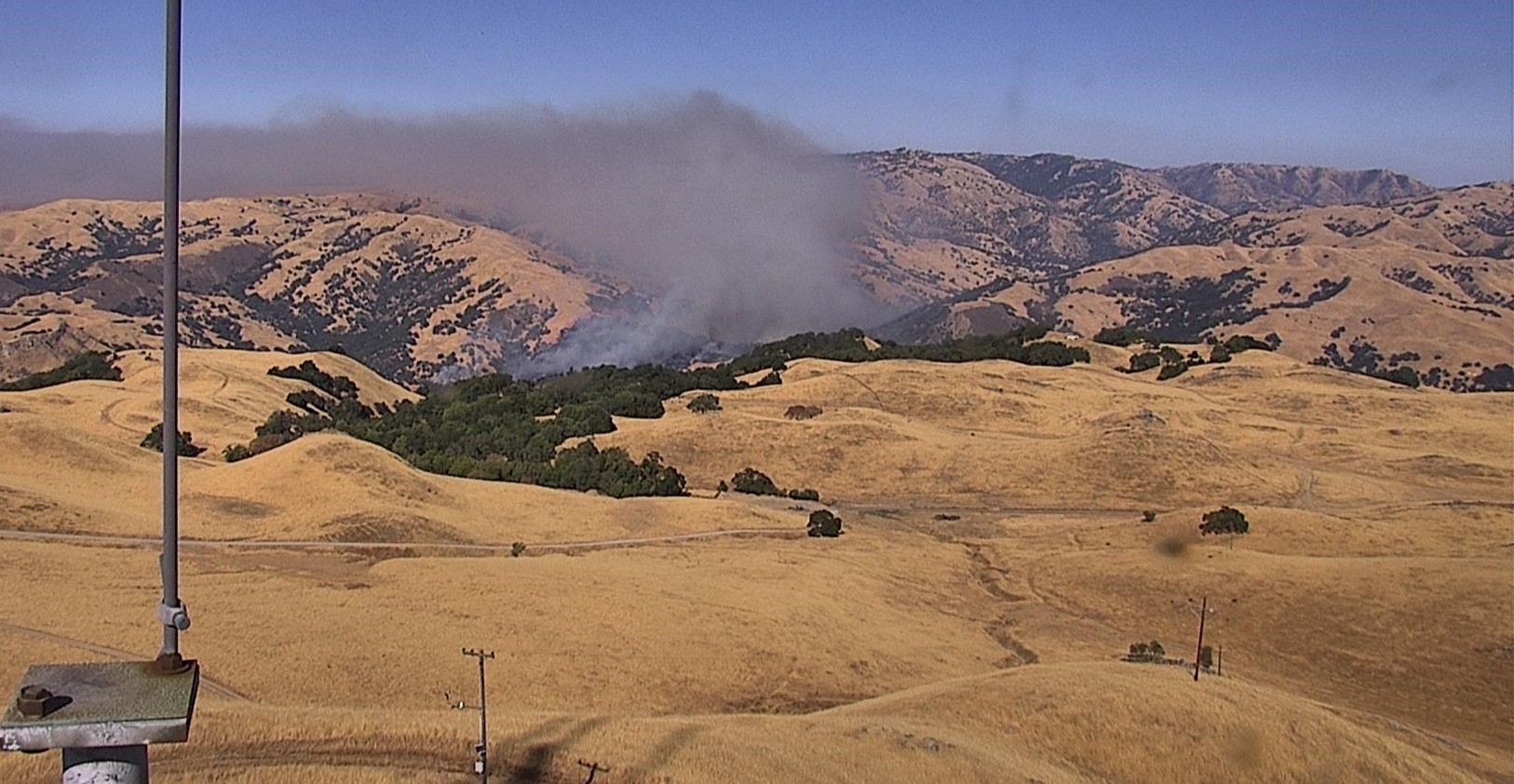Diplomacy should lead the way in any approach to diffusing Russian aggression on the Crimean Peninsula.
That’s been the position of the U.S. government and other Western powers as they seek a peaceful resolution to the Russia-Ukraine conflict.
And increasingly, the U.S. is weighing sanctions as the stick that might induce Russia to cooperate.
President Barack Obama announced earlier this week that “there will be costs for any military intervention in Ukraine.”
Secretary of State John Kerry was more specific, telling David Gregory on Meet The Press Sunday that kicking Russia out of the G8 might be one option.
Additionally, Kerry continued, “[Putin] may find himself with asset freezes of Russian business, American business may pull back, and there may be a further tumble of the Ruble.”
How many of those tools, however, could actually lead to the desired result- forcing Russia to remove troops and/or cease its occupation in Crimea?
Local
“I would say if the Russians are strongly committed to this policy, the kind of sanctions that we can mount against them would have a marginal effect, only,” said Dr. Gloria Duffy, the President and CEO of the Commonwealth Club and a former U.S. Deputy Assistant Secretary of Defense under the Clinton Administration.
Duffy helped broker the agreement in 1994 between Russia, Ukraine, the United States and Great Britain that conceded Ukrainian nuclear capabilities for assurances that the country’s territorial integrity would be respected by all parties.
Russia’s decision to send troops into the Crimean Peninsula, Duffy said, is a clear violation of that agreement.
“It stated specifically that none of those countries would ever invade, or use force or troops against the territory of Ukraine,” Duffy explained.
Of the many possible punishments the U.S. could dole out in response, many discussed thus far are economic in nature. Duffy questions how effective some- such as asset freezes on Russian businesses or calls to curb trade with Russia- would actually prove.
“There are plenty of customers around the world for Russian oil,” Duffy said. “And we can do certain things to effect Russian foreign deposits in banks and so on, and some of the European countries are taking steps in that direction to freeze assets. But Russia has a large economy, and it’s not going to topple with these kinds of effects. It may be more important to embarrass Russia.”
Kori Schake, a research fellow at Stanford’s Hoover Institution and a former director for Defense Strategy and Requirements on President George W. Bush’s National Security Council, describes a spectrum of economic punishments that could all be deployed, depending on circumstance and U.S. appetite for risk.
“There are some things you could do fast- banking restrictions, visa restrictions, grabbing ahold of the financial assets of Russians directly involved in the crackdown in the movement into Ukraine,” Schake said.
That option might be the narrowest, she said, but would laser-target Russia’s elite.
“We know who those people are,” Schake said. “Make it difficult for them to go to Miami, to bank in London, to buy property in New York. That would actually put the political pressure on Vladimir Putin for the people who are keeping him in power.”
The next level up would involve freezing assets at banks associated with Russia, or those institutions which are state-owned.
And finally, Schake pointed out, we could go straight for Russia’s economic engine: Energy trade.
“Russia has basically one card, which is oil and gas,” Schake said. “The widest possible leverage would be to make it impossible for Russian companies like Gazprom to trade in dollars. You know, the global oil market works on dollars.”
But Schake outlined several potential pitfalls to this last strategy, not the least of which involves other countries refusing to boycott Russian oil or abandon trading in dollar contracts.
“Given that the administration is trying to show a united front internationally to affect Russian behavior, you better be sure nobody is going to break the deal,” Schake said. “Which is very difficult to do when the dollar is the global holding currency.”
So where does this leave the U.S. and its arsenal of sanctions?
Both experts lean in the direction of targeted attacks on select individuals that do not require cooperation from a host of other countries.
For Duffy, the U.S. approach needs to be more message-based and less fixated on short-term economic outcomes.
“[The Russians] have just put up a very good performance with the Olympics in Sochi,” Duffy said. “They always want to attract more foreign investment, more business with the West. So embarrassing them and showing that in doing business dealings with Russia you can’t be secure because you don’t know what they’re going to do, are they going to seize peoples’ assets, and are they going to destabilize world markets?
“That’s the message that I think can be conveyed about Russia that’s difficult and presents challenges for them, rather than any specific impact of the specific sanctions,” Duffy concluded.
This was a point equally punctuated by Schake as well, that the U.S. must play to a Russian fear of losing out on future investment.
“The majority of Russian foreign direct investment comes from Europe,” she said. “And the questions about the behavior of the Putin Administration, questions about rule of law in Russia and Russian respect for rule of law, will cut into that over time.”



